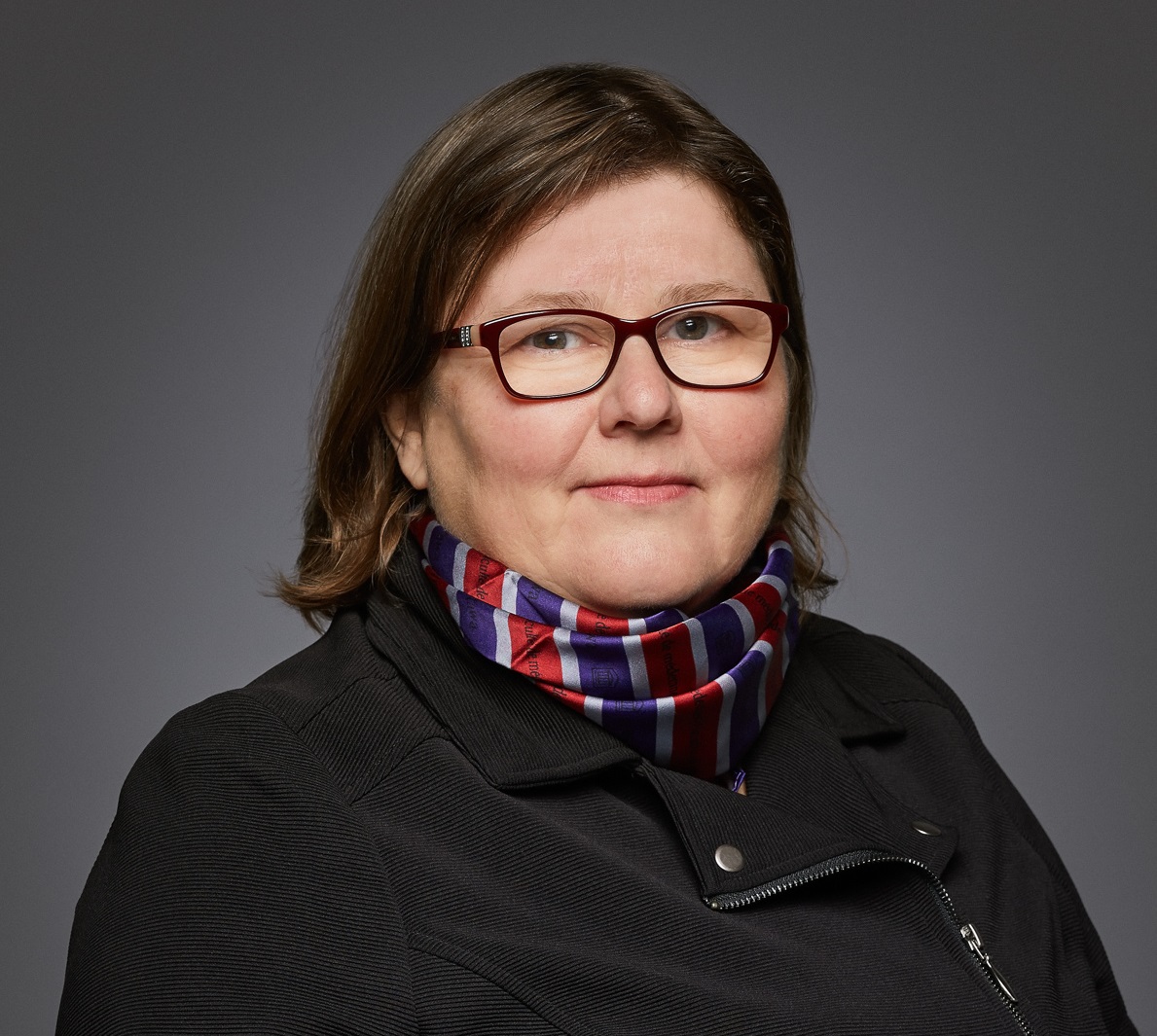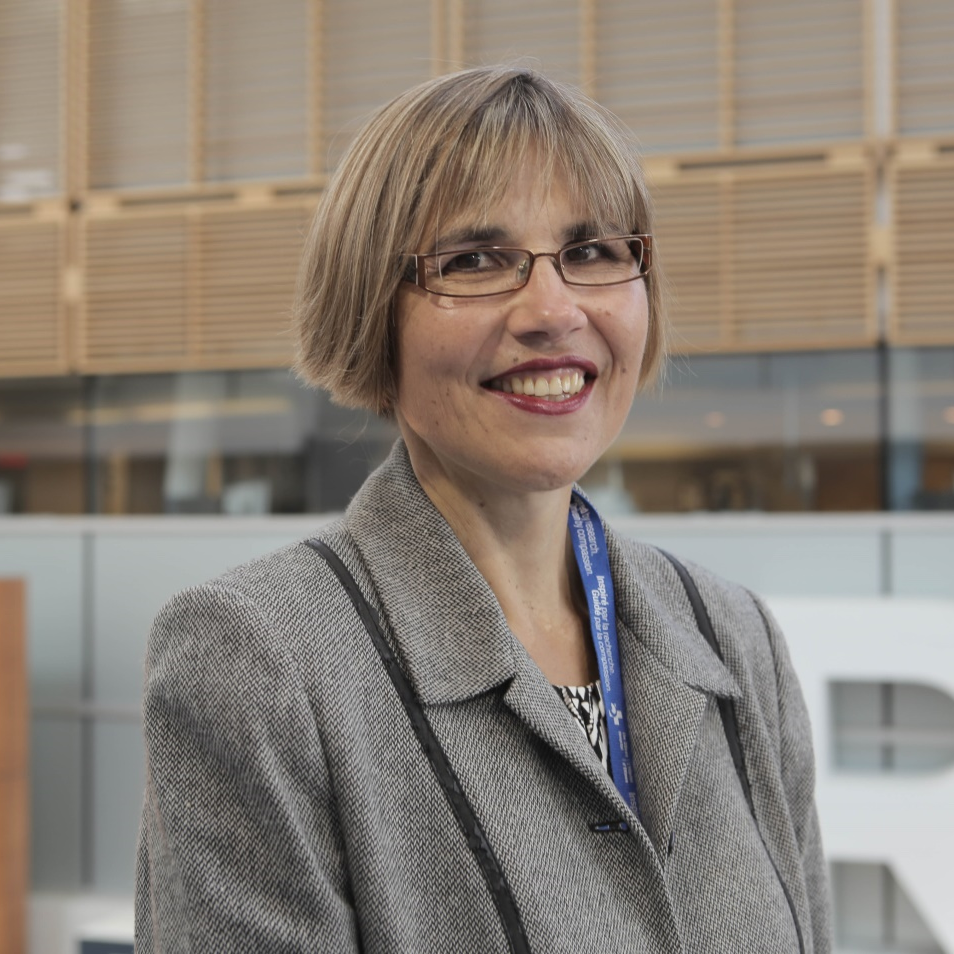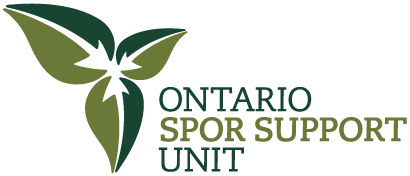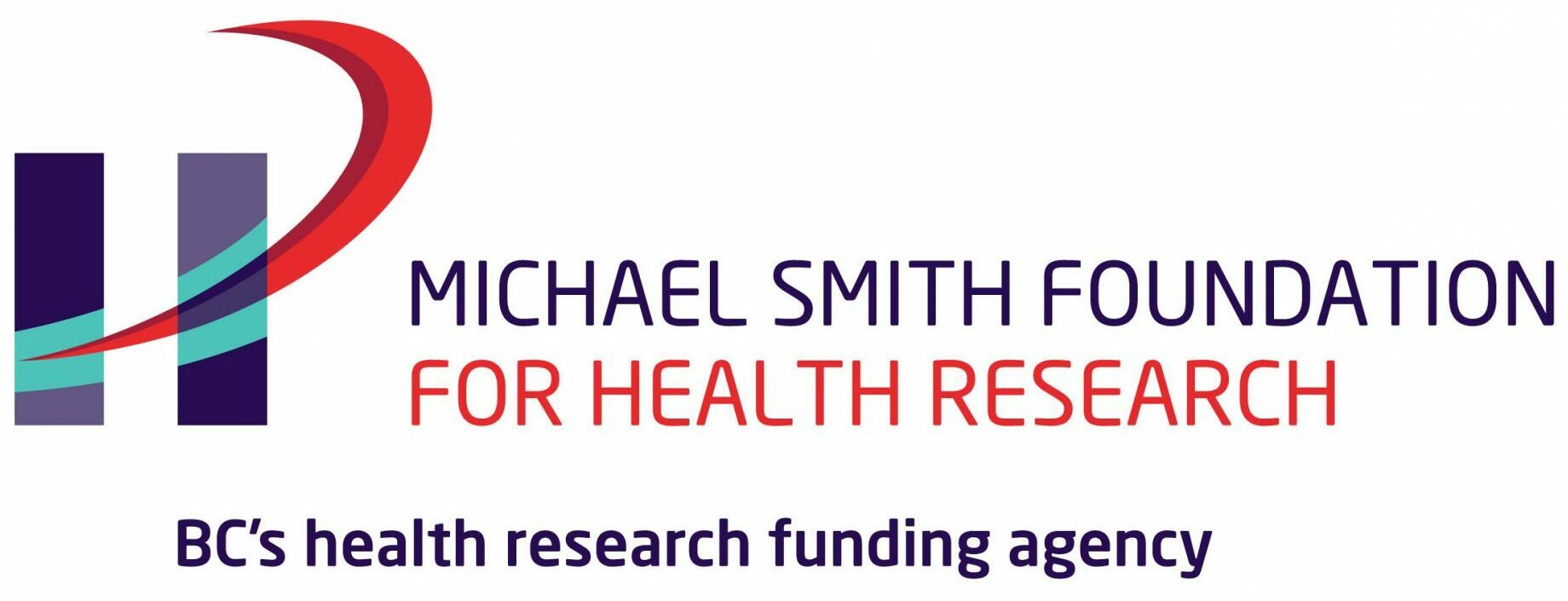
- This event has passed.
KT Canada Summer Institute 2021
June 24, 2021 - August 12, 2021

2021 KT Canada Summer Institute
We are pleased to announce the Knowledge Translation (KT) Canada *virtual* Summer Institute, to be held online in Summer 2021. Please note that the virtual Summer Institute will take place during weekly sessions. These sessions are tentatively booked from June 24 – August 12, 2021.
The purpose of this Summer Institute is to provide participants with the opportunity to increase their understanding of knowledge translation research as well as opportunities and challenges in this field. The Summer Institute will provide participants with the change to network with colleagues including national KT experts.
The theme of the 2021 Institute is: ‘Intersectionality and KT’.
The Summer Institute is aimed at graduate students, post-doctoral and clinical fellows, and junior faculty who study issues relevant to KT and those who want to learn more about how to advance their research skills in this area.
Please note that we are not accepting applications for the 2021 Summer Institute.
Costs:
Trainee & fellow registration: $150
Junior Faculty registration: $200
 Dr. Stefan Baral
Dr. Stefan Baral
Dr. Stefan Baral (MD, MPH, FRCPC, CCFP) is an Affiliate Scientist with the Knowledge Translation Program and a physician epidemiologist and an Associate Professor in the Department of Epidemiology at the Johns Hopkins School of Public Health. Stefan completed his certification in Community Medicine as a Fellow of the Royal College of Physicians and Surgeons of Canada and Family medicine with the Canadian Council of Family Physicians. Stefan co-directs the Implementation Science concentration of the DrPH at Johns Hopkins and has worked to increase coherence in the methods and metrics of HIV-related implementation research. Through his role as the Director of the Key Populations Program, Stefan has led HIV and mental health epidemiology and implementation research focused on characterizing the epidemiology of HIV and effective HIV prevention, treatment, and care approaches for gay men and other men who have sex with men, transgender women, and female sex workers in the US and across Western and Central, and Southern Africa.
 Dr. Carrie Bourassa
Dr. Carrie Bourassa
Dr. Carrie Bourassa, B.A., M.A., PhD: Scientific Director of the National Institute of Indigenous Peoples’ Health – Canadian Institutes of Health Research (CIHR). Professor, Community Health & Epidemiology, College of Medicine, University of Saskatchewan. She also is Scientific Director, Institute of Indigenous Peoples’ Health – Canadian Institutes of Health Research (CIHR-IIPH). She is an adjunct in the Faculties of Education and Kinesiology & Health Studies at the University of Regina and is the Nominated Principal Investigator for the Canada Foundation for Innovation (CFI) funded Morning Star Lodge established in 2010, based in Regina, as well as for the recently CFI-funded Cultural Safety, Evaluation, Training and Research lab that will be built by next summer, hosted at the University of Saskatchewan. Dr. Carrie Bourassa spent over 15 years as a professor of Indigenous health studies in the Department of Indigenous Health, Education and Social Work at the First Nations University of Canada (FNUniv) in Regina. Through her role as Scientific Director of IIPH, she leads the advancement of a national health research agenda to improve and promote the health of First Nations, Inuit and Métis Peoples in Canada. Dr. Bourassa is a member of the College of New Scholars, Artists and Scientists of the Royal Society of Canada and a public member of the Royal College Council of the Royal College of Physicians and Surgeons of Canada. She is also a member of the International Research Advisory Board (IRAB) for the Health Research Council (New Zealand) and a member of the Health Quality Council Board of Saskatchewan. She was also appointed to the National Research Council of Canada Advisory Board (NRC) – Human Health Therapeutics Research Centre Advisory Board in May 2018. In 2012, Dr. Bourassa won the (Wee-e- chee-hee- way- shin-awn) Wiichihiwayshinawn Foundation Inc. Métis Award in Health and Science. Dr. Bourassa is Métis and belongs to the Riel Métis Council of Regina Inc. (RMCR, Local #34).
 Dr. Melissa Brouwers
Dr. Melissa Brouwers
Dr. Melissa Brouwers is the Director of the School of Epidemiology and Public Health (SEPH) at the Faculty of Medicine, University of Ottawa. Prior to joining the University of Ottawa, Dr. Brouwers was a Professor in the Departments of Oncology (primary) and Health Research Methodology, Evidence and Impact (affiliate) at McMaster University where she also served as the Director of the Program in Evidence-based Care, the guidelines program for Cancer Care Ontario; the Director of the Centre for Evidence-based Implementation at Hamilton Health Sciences; and the Deputy Director of the Escarpment Cancer Research Institute. Dr. Brouwers holds a wealth of experience as a health services researcher with special interest in knowledge translation, implementation science and evaluation. Furthermore, she has a passion for graduate school education and international research collaborations. She obtained her PhD in Social Psychology from Western University.
 Amanda Crupi
Amanda Crupi
Amanda Crupi is the Manager of Knowledge Translation Strategies in the Science Policy Branch of the Canadian Institutes of Health Research (CIHR). In addition to supporting the integration of knowledge translation within science policies and funded research, Amanda’s team is also responsible for the delivery of CIHR’s flagship knowledge translation program: the Best Brains Exchange. Prior to joining CIHR, she worked with the Canadian Federation of Nurses Unions as a Research and Policy Specialist where she managed two pan-Canadian knowledge networks focused on health services and policy research with a focus on occupational health and safety and pandemic preparedness. Amanda’s interest and excitement for the science and application of knowledge translation grew through her training at Dalhousie University where she obtained a Master’s of Applied Health Services Research.
 Dr. Maoliosa Donald
Dr. Maoliosa Donald
Dr. Donald is the Senior Research Associate for the Roy and Vi Baay Chair in Kidney Research at the Cumming School of Medicine, University of Calgary. She completed her PhD in Health Sciences and has been a Physical Therapist since 1992. Dr. Donald is passionate about interventions that support person-centered care, and innovations that address the evidence-practice gap for patients with chronic disease. Her current work involves understanding the needs of individuals with chronic kidney disease and investigating optimal strategies for supporting them and their families. She is actively involved in many professional activities including holding memberships with the Mixed Methods International Research Association and the International Institute for Qualitative Methodology, as well as being a mentor in Graduate Science Education and Community Health Science Mentorship Programs.
 Dr. Nicole Etherington
Dr. Nicole Etherington
Nicole Etherington is a Senior Research Associate in the Clinical Epidemiology Program at the Ottawa Hospital Research Institute (OHRI). Dr. Etherington completed her PhD in sociology at the University of Western Ontario in 2016, with a focus on gender and health. Dr. Etherington’s current research applies a social lens to clinical practice issues, focusing primarily on the multi-level factors shaping teamwork, provider occupational well-being, and patient outcomes in acute care.
 Olivia Magwood
Olivia Magwood
Olivia Magwood is a Research Associate at the C.T. Lamont Primary Care Research Centre of the Bruyère Research Institute, Ottawa, Ontario. She holds a Bachelor of Science in Biomedical Science (University of Ottawa ’16) and a Masters of Public Health (University of Guelph ’18). Her research interests include systematic review methods for disadvantaged populations, knowledge translation, evidence-based guidelines, and multi-stakeholder engagement. Her ongoing research projects include the use of technology to address youth mental health, implementation of evidence-based guidelines for homeless health, and approaches to screening and treating mental health conditions among refugees and migrants. Olivia presently volunteers as Editor-in-Chief for the Canadian Public Health Association’s online blog and as a Communications-Chapter Development Liaison for Women in Global Health, which aims to highlight women’s leadership in global health and advocates for gender equality in global public health.
 Karine Morin
Karine Morin
In early 2019, Karine Morin joined NSERC as Director, Policy and Interagency Affairs where she is responsible for the implementation of the Equity, Diversity and Inclusion initiative. She recently returned to Ottawa after being an Executive Director at Alberta Innovates, overseeing a number of initiatives related to clinical research and ethics. Previously, she has served as Genome Canada’s Director of the “GE3LS” program, overseeing activities related to the ethical, environmental, economic, legal and social aspects of genomics research. Earlier, she was a Senior Ethics Policy Advisor at the Canadian Institutes of Health Research (CIHR). She also conducted research on ethical, legal and social issues related to genomics at the University of Ottawa’s Institute of Science, Society and Policy. Karine is a graduate of McGill University School of Law; she also completed a Masters in Law at the University of Pennsylvania, and worked in the US for more than 10 years. She has broad expertise in science policy, has published widely in bioethics and law, and has taught as an adjunct at several universities in the US and Canada.
 Dr. Justin Presseau
Dr. Justin Presseau
Dr. Presseau is a Scientist at the Ottawa Hospital Research Institute, and Assistant Professor in the School of Epidemiology and Public Health and School of Psychology at the University of Ottawa. He is also Chair of the Canadian Psychological Association’s Health Psychology and Behavioural Medicine section. Dr. Presseau has been awarded early career awards from the UK Society for Behavioural Medicine, the International Society of Behavioral Medicine, and the European Health Psychology Society, a mid-career award from the Canadian Psychological Association, and is an Associate Editor for Implementation Science and Applied Psychology: Health and Well-Being. Dr. Presseau’s research program operates at the intersection between health psychology and implementation science, drawing upon behaviour change theories and methods to design and evaluate theory-based strategies for promoting healthcare professional behaviour change to increase best practice and reduce non-evidenced healthcare.
 Dr. Monica Taljaard
Dr. Monica Taljaard
Monica Taljaard is a Senior Scientist in the Clinical Epidemiology Program at the Ottawa Hospital Research Institute (OHRI) and Associate Professor in the School of Epidemiology and Public Health at the University of Ottawa. She received her PhD degree in Epidemiology and Biostatistics at Western University in London, Ontario, Canada, in 2006. Her main research interests are in the design, analysis and ethics of cluster randomized trials. As a methodologist with the Ottawa Methods Centre, she works with clinicians and researchers from a variety of backgrounds in the design and analysis of cluster randomized trials, standard clinical trials, and observational studies. She is Deputy Editor of Clinical Trials: Journal of the Society for Clinical Trials.
 Louise Zitzelsberger
Louise Zitzelsberger
In her career in KT, Louise has worked to create and implement the foundations for effective knowledge translation in organizations – from synthesis functions through to implementation and evaluation. Her current position is with Health Canada, on a KT Unit supporting staff and funding recipients to better integrate KT into funding proposals, work plans, and performance measurement. Her KT interests include understanding uptake of innovations at the organizational level in healthcare – in particular the processes around how knowledge is acquired, assimilated and applied.
Please note that we did not accept new applicants for the 2021 Summer Institute. The 2020 event was postponed due to COVID-19 and those applicants were rolled over to this year.
Please watch for the applications to open, this Fall, for the 2022 Summer Institute!
The 2021 agenda will be coming soon.



